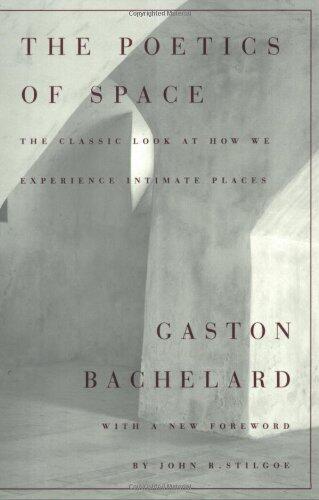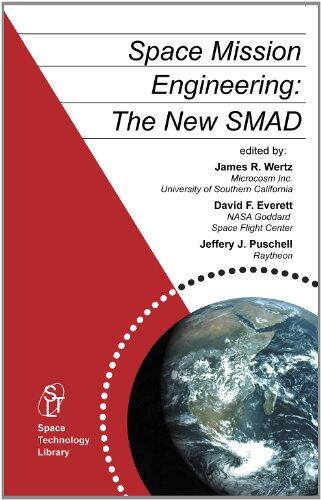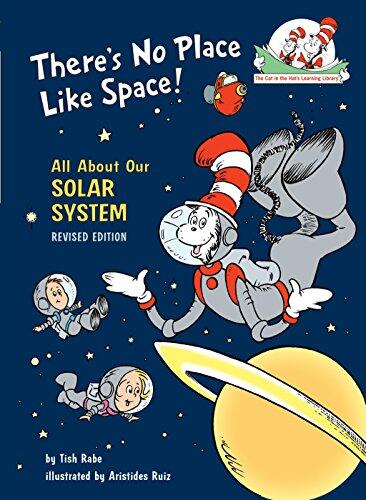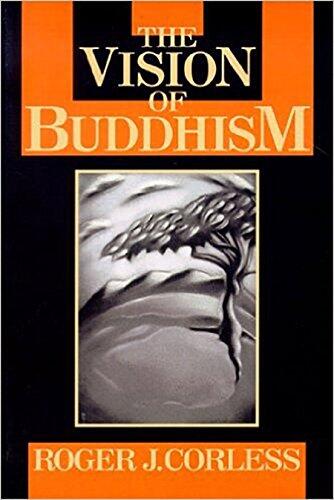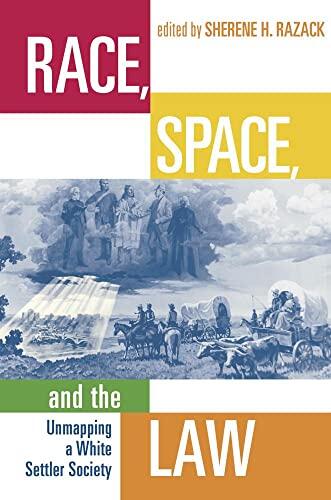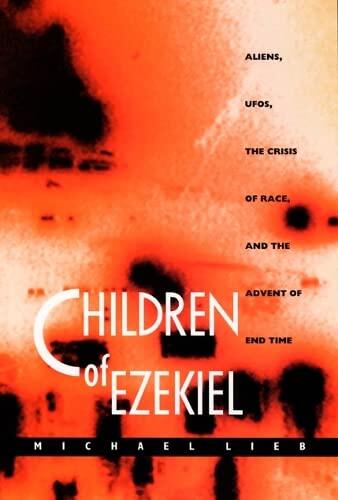
Children of Ezekiel: Aliens, UFOs, the Crisis of Race, and the Advent of End Time
by:
Michael Lieb
Edition: First Edition
Language: English
Format: Hardcover
ISBN 10: 0822321378
ISBN 13: 9780822321378
Publication date:
November 30th, 1998
Publisher: Duke University Press Books
Pages: 320
Genres: Science Fiction, Children’s, Action & Adventure, Religion & Spirituality, Science & Technology, History, Philosophy
In a thought-provoking exploration of the intersection between faith, technology, and society, the narrative dives into the often tumultuous landscape of race, belief, and the supernatural. The author delves deep into the implications of UFOs and extraterrestrial life as they relate to contemporary crises, weaving a complex tapestry that draws from cultural references as disparate as Milton’s epic poem and the political rhetoric surrounding the Star Wars missile defense initiative.
Through this lens, the work invites readers to question what it means to be human in an age increasingly defined by technological advancement and fear of the unknown. It confronts the societal tensions that arise when traditional beliefs are challenged by modern paradigms, especially in the context of race in America. The discussion is as much about the implications of these beliefs as it is about their roots and the ways they shape identities.
This intersectional approach not only sheds light on the multifaceted nature of belief systems but also on how they reflect broader societal anxieties. By situating these themes within the larger narrative about end times, the author crafts a compelling dialogue that resonates with contemporary audiences, urging them to reflect on their perspectives and the evolving relationship between faith and modernity.
Through this lens, the work invites readers to question what it means to be human in an age increasingly defined by technological advancement and fear of the unknown. It confronts the societal tensions that arise when traditional beliefs are challenged by modern paradigms, especially in the context of race in America. The discussion is as much about the implications of these beliefs as it is about their roots and the ways they shape identities.
This intersectional approach not only sheds light on the multifaceted nature of belief systems but also on how they reflect broader societal anxieties. By situating these themes within the larger narrative about end times, the author crafts a compelling dialogue that resonates with contemporary audiences, urging them to reflect on their perspectives and the evolving relationship between faith and modernity.




